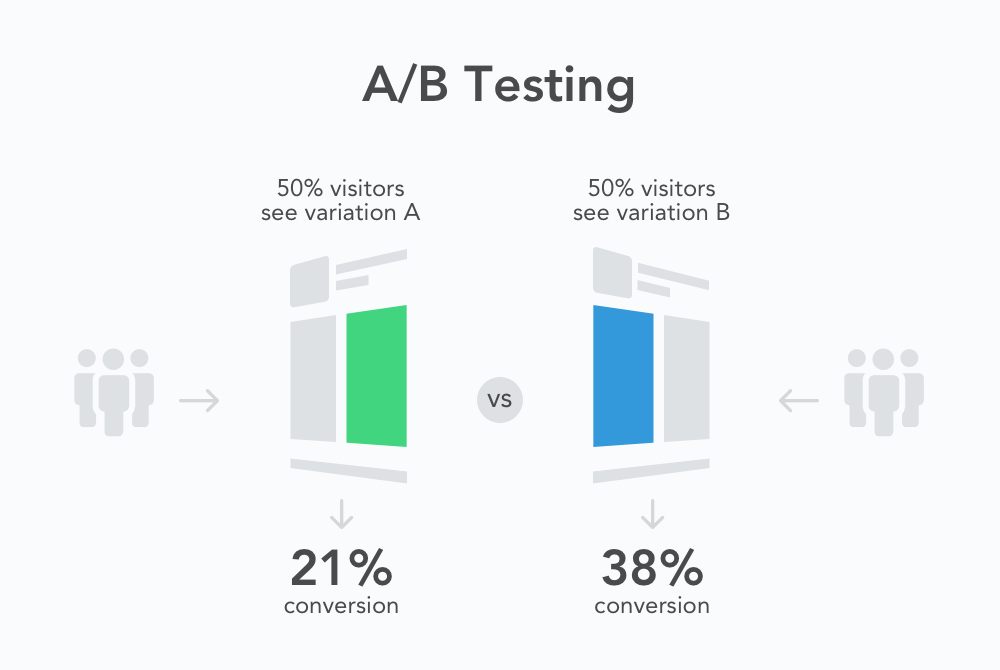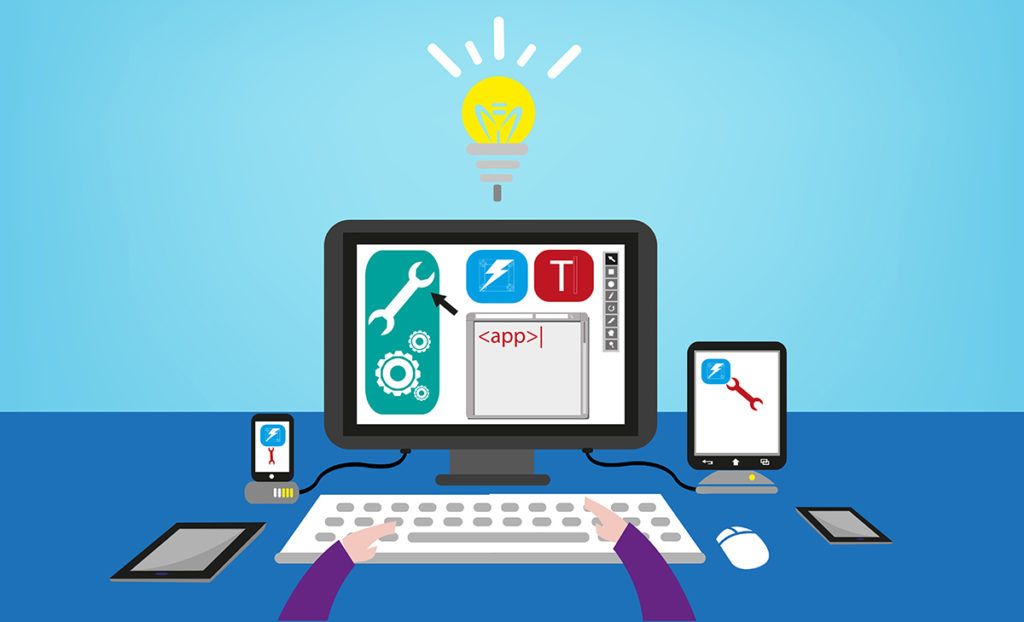
With growing concerns over data privacy and security, users are calling for companies to find better ways of handling sensitive information. Blockchain data storage has the potential to offer much-improved security solutions compared to traditional databases used today. But what are the concepts, concerns, and advantages of using the blockchain data storage? Let’s take a look.
Why Move to Blockchain Data Storage?
Data breaches have been a pressing issue for many tech companies over the past few decades. With an increasing amount of sensitive data stored on company databases, we have continued to see new hacks affecting a wide range of industries, leaving user data exposed. As a result, hackers have acquired information that has led to widespread identity theft, illegal data sells on the dark web, and other major concerns.
For example, the 2017 Equifax hack exposed tax ID and driver’s license details of 145.5 million people. In 2018, the issue only appears to be getting worse. Dixons Carphone reported that 7 million individuals had been affected by a hack that started in July 2017 but wasn’t discovered until June 2018.
In many cases, consumers not only have to be worried about the possibilities of such hacks but also the fact that companies are often unaware of the issues for months or even years.
While the implementation of GDPR does help make sure that more companies comply with data privacy standards, better security is also a big factor that companies need to research and implement.

GDPR
Potential Concerns for Blockchain
Since data has traditionally been stored on centralized databases, it has become more likely that any given hack will lead to a large amount of data exposure for a large number of users.
Despite the promises of blockchain to provide better security, it’s still important to consider some of the risks of blockchain implementation. Contrary to popular belief, the blockchain is indeed hackable. Sybil attacks, routing attacks, and DDoS attacks all present major security challenges for emerging blockchain projects.
For PoW consensus algorithm projects, 51% attacks executed by miners on blockchain networks have proven to cause big security issues for a number of projects. The Verge, and other projects, for example, have faced regular 51% attacks.
The fact that blockchain technology is still relatively new also means that the teams in charge of securing data have to consider a variety of possible (oftentimes theoretical) security scenarios. They then must design sophisticated solutions to prevent data breaches from occurring. In several cases, projects have had to make reactive changes to their security measures instead of being more proactive in preventing threats.
Scalability Needs Improvement
While security is a major concern, it’s not the only factor for companies and users to think about. Even with the advent of decentralized blockchains, there are still a lot of developments that need to happen.
It may take some time before companies and users can consider large-scale data storage on the blockchain an overall better solution. While security is essential for blockchain data storage adoption, so is usability.
In mid-2018, most of the major blockchains haven’t demonstrated enough scalability yet to meet potential increases in user demand. When thinking about cryptocurrency payments on the blockchain, the amount of data storage needed is actually quite low, considering the large amounts of data needed to save photo and video files.
Projects like Storj and Filecoin are working on making cloud storage of large files not only possible but also practical.
For many companies and users, however, blockchains have an even more immediate potential to store sensitive data that requires less storage. For example, financial and identity-related information stored on the blockchain could soon become practical to implement even with a few small improvements in scalability.
There are a number of scaling technologies like sharding and off-chain protocols being researched and implemented. These can make blockchain data storage more scalable, potentially allowing millions (or even billions) of users to store data securely.

Advantages of Blockchain Data Storage
Even with these concerns, blockchain still has a few advantages over traditional data storage security. As mentioned above, traditional data storage solutions rely heavily upon centralized databases to maintain security. For hackers, the target to attack is much clearer. Once a hack is successfully executed on a centralized database, vast amounts of data can be accessed by hackers.
With blockchains and distributed ledger technologies, however, hacks are much more difficult to execute. In Storj, for example, only a small amount of data can be accessed in a hack since data is encrypted and distributed across a large network of databases.
Blockchain ultimately aims to eliminate the all-too-common news reports of large-scale hacks which affect millions of users as seen in companies of today that rely upon centralized databases.
The Potential of Blockchain Data Storage
A number of blockchain projects are aiming to make data storage more secure. The potential benefits promise to be groundbreaking for end users. Blockchain projects not only have the potential to create the architecture for inherently more secure data storage systems but also to allow individual users to have full authority over which parties are allowed to view data.
In many cases, blockchain projects are using native cryptocurrencies as part of tokenomic models. These allow users to monetize from any third-party data use while also preventing any possibility of identity theft and other issues seen in recent years due to large-scale data breaches.
Final Thoughts
With continued large-scale hacks of traditional databases, consumers are increasingly wary of vulnerable, outdated data storage technologies as well whether or not companies are keeping sensitive data safe.
Yes, blockchain technology still needs some improvements in security and scalability before it can be considered the hands-down, go-to solution for data storage.
It’s still to be determined when exactly blockchain can become the ultimate solution and when user adoption will follow. Still, there are many signs of a momentum shift away from traditional database technologies and towards better data security via decentralized blockchains.
This article by Delton Rhodes was originally published at "CoinCentral.com: https://coincentral.com/blockchain-data-storage/













